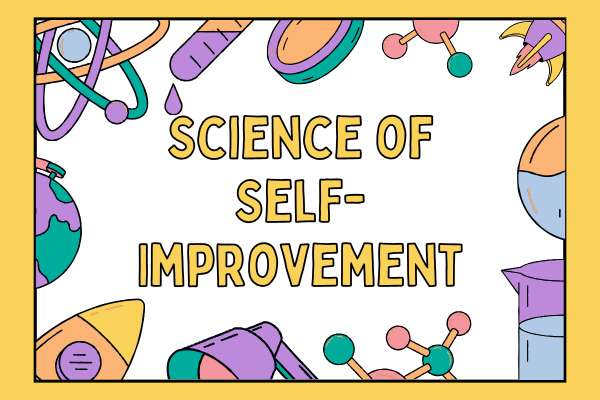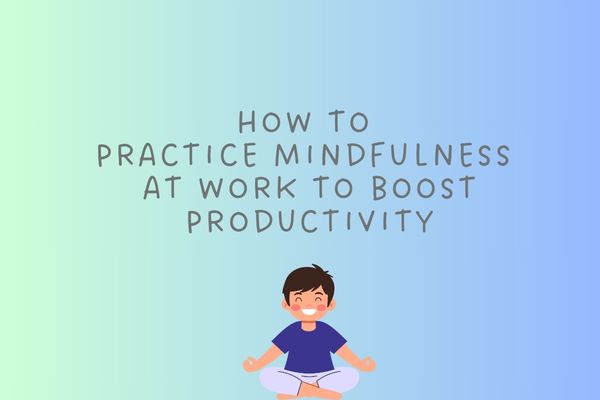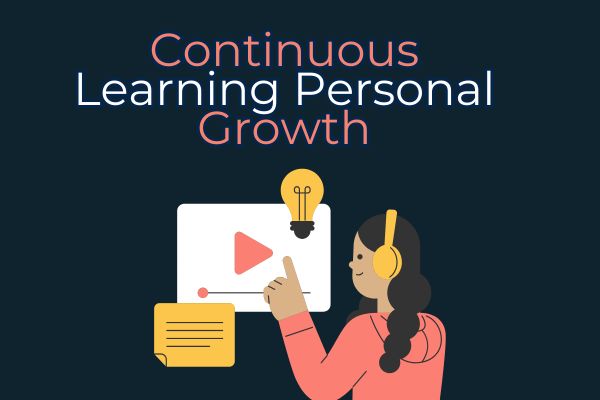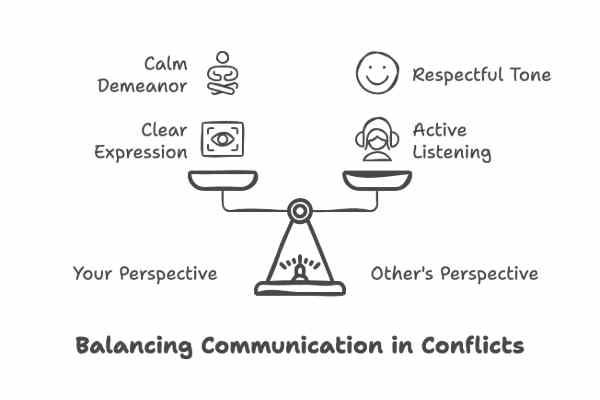Self-improvement is more than a buzzword; it’s a journey toward becoming the best version of yourself. While personal growth often feels like an abstract concept, modern science offers proven strategies to enhance your physical, mental, and emotional well-being. By understanding the principles behind self-improvement and leveraging evidence-based techniques, you can create a life filled with purpose, achievement, and happiness.
In this in-depth guide, we’ll explore the science of self-improvement, delving into actionable strategies for personal growth in areas such as habit formation, emotional intelligence, productivity, and resilience.
Understanding Self-Improvement
What Is Self-Improvement?
Self-improvement is the process of consciously enhancing various aspects of your life, including knowledge, skills, emotional health, and physical well-being. It’s about striving to overcome limitations and unlock your full potential.
Why Science Matters in Self-Improvement
Relying on evidence-based strategies ensures that your efforts are effective and sustainable. Scientific approaches to self-improvement draw from psychology, neuroscience, and behavioral science, providing actionable insights backed by research.
The Role of Habits in Self-Improvement
1. The Science of Habit Formation
Habits are automatic behaviors shaped by cues, routines, and rewards. According to Charles Duhigg’s The Power of Habit, changing a habit involves identifying the cue, replacing the routine, and ensuring the reward remains satisfying.
Key Strategy: The 1% Rule
James Clear’s Atomic Habits emphasizes making tiny changes—just 1% better every day. Over time, these incremental improvements lead to significant transformations.
2. Building Keystone Habits
Keystone habits, like exercising or journaling, create ripple effects that positively influence other areas of your life. For example, regular exercise improves mood, boosts energy, and enhances productivity.
Actionable Tip: Start Small
Choose one keystone habit and focus on mastering it. For instance, commit to a 10-minute walk daily before progressing to longer workouts.
Also check: The Art of Goal Setting
Emotional Intelligence and Personal Growth
1. Understanding Emotional Intelligence (EI)
Emotional intelligence, a term popularized by Daniel Goleman, refers to the ability to recognize, understand, and manage your emotions and those of others. High EI improves relationships, decision-making, and stress management.
Components of EI:
- Self-awareness: Recognizing your emotions.
- Self-regulation: Controlling emotional reactions.
- Motivation: Maintaining focus and perseverance.
- Empathy: Understanding others’ emotions.
- Social skills: Building strong interpersonal connections.
2. Improving Emotional Intelligence
Practice Mindfulness
Mindfulness trains you to observe your thoughts and emotions without judgment, enhancing self-awareness and self-regulation.
Develop Active Listening Skills
Active listening fosters empathy and strengthens social connections. Pay attention, ask questions, and avoid interrupting during conversations.
Productivity Hacks for Self-Improvement
1. The Science of Focus
Your brain has a limited capacity for focus. Studies show that multitasking reduces productivity by up to 40%. Instead, adopt a single-tasking approach to achieve better results.
Key Technique: The Pomodoro Method
Work in focused intervals (e.g., 25 minutes) followed by short breaks. This approach improves concentration and reduces mental fatigue.
2. Prioritization and Time Management
Stephen Covey’s The 7 Habits of Highly Effective People emphasizes prioritizing tasks that align with your long-term goals rather than reacting to urgent but unimportant activities.
Actionable Tip: The Eisenhower Matrix
Divide tasks into four categories:
- Urgent and important
- Important but not urgent
- Urgent but not important
- Neither urgent nor important
Focus on tasks in the second category for sustained personal growth.
Also check: The Role of Mindfulness in Emotional Healing
The Role of Resilience in Self-Improvement
1. What Is Resilience?
Resilience is the ability to bounce back from adversity. It involves emotional strength, adaptability, and a positive outlook.
Psychological Basis: Growth Mindset
Carol Dweck’s research on growth mindset shows that viewing challenges as opportunities for learning enhances resilience.
2. Building Resilience
Practice Gratitude
Expressing gratitude rewires your brain to focus on positive experiences, reducing stress and enhancing resilience.
Embrace Failure as a Learning Tool
Reflect on failures to extract lessons and identify areas for improvement. This perspective reduces fear of failure and fosters perseverance.
The Connection Between Physical Health and Self-Improvement
1. Exercise and Cognitive Function
Regular physical activity boosts brain health by increasing blood flow and promoting the release of brain-derived neurotrophic factor (BDNF), which supports memory and learning.
Key Insight: Exercise Improves Discipline
Engaging in consistent exercise builds self-discipline, which translates to other areas of personal growth.
2. Nutrition and Mental Clarity
A balanced diet rich in nutrients like omega-3 fatty acids, antioxidants, and vitamins enhances brain function and emotional stability.
Actionable Tip: Adopt the 80/20 Rule
Focus on eating nutrient-dense foods 80% of the time while allowing flexibility for treats 20% of the time.
Harnessing the Power of Goal Setting
1. SMART Goals
Goals that are Specific, Measurable, Achievable, Relevant, and Time-bound provide clarity and direction.
Example: Instead of saying “I want to get fit,” set a SMART goal like “I will jog for 20 minutes three times a week for the next month.”
2. The Power of Visualization
Research shows that visualizing success activates the same neural pathways as actual achievement, boosting motivation and confidence.
Actionable Tip: Create a Vision Board
Compile images and words that represent your goals. Place the board where you’ll see it daily to reinforce your aspirations.
Leveraging Social Connections for Growth
1. The Role of Accountability Partners
Sharing your goals with someone who supports and encourages you increases the likelihood of success.
2. Building a Growth-Oriented Network
Surround yourself with people who inspire and challenge you to grow. Positive peer influence reinforces self-improvement efforts.
Actionable Tip: Join Communities
Participate in groups aligned with your interests, such as book clubs, fitness classes, or professional associations.
Measuring Progress in Self-Improvement
1. Track Your Achievements
Use journals or digital tools to record milestones and reflect on your journey. Tracking progress reinforces positive behaviors.
2. Celebrate Small Wins
Acknowledging incremental progress keeps you motivated and builds confidence.
Example: Reward yourself with a small treat after completing a challenging task.
Real-Life Examples of Scientific Self-Improvement
1. Oprah Winfrey
Oprah credits her success to daily journaling, mindfulness practices, and consistent self-reflection—strategies rooted in evidence-based psychology.
2. Elon Musk
Musk’s approach to self-improvement involves breaking down goals into first principles, a scientific method that encourages innovative problem-solving.
Common Challenges and How to Overcome Them
1. Procrastination
Strategy: Use Implementation Intentions
State your intentions with a clear “if-then” plan. For example, “If I feel tempted to scroll social media, then I will take a 5-minute walk instead.”
2. Burnout
Strategy: Schedule Rest
Incorporate rest periods into your routine to recharge and prevent overexertion.
3. Lack of Motivation
Strategy: Revisit Your “Why”
Remind yourself of the deeper purpose behind your goals to reignite passion and commitment.
Conclusion
Self-improvement is both an art and a science. By leveraging evidence-based strategies, such as building positive habits, enhancing emotional intelligence, fostering resilience, and maintaining physical health, you can unlock your full potential.
The journey requires commitment, patience, and reflection, but the rewards—greater fulfillment, success, and happiness—are well worth the effort. Start small, track your progress, and embrace the transformative power of continuous growth.






